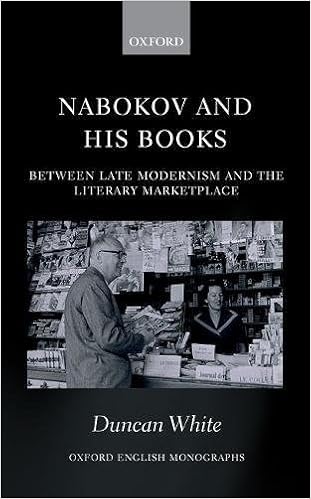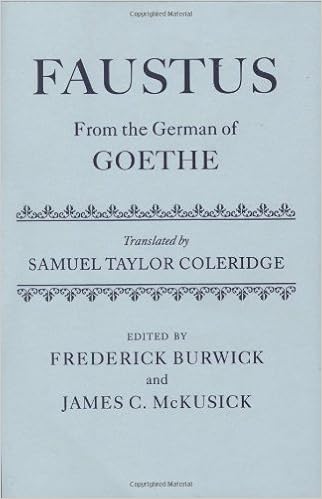
What did it suggest to be mad in seventeenth-century England? This booklet makes use of shiny autobiographical bills of psychological sickness to discover the methods insanity used to be pointed out and skilled from the interior, asking how convinced humans got here to be outlined as insane, and what we will study from the bills they wrote.
Read or Download Madness in Seventeenth-Century Autobiography (Early Modern History Society and Culture) PDF
Best World Literature books
The Conquest of New Spain (Penguin Classics)
Brilliant, robust and soaking up, it is a first-person account of 1 of the main startling army episodes in heritage: the overthrow of Montezuma's doomed Aztec Empire by means of the ruthless Hernan Cortes and his band of adventurers. Bernal Díaz del Castillo, himself a soldier less than Cortes, provides a fascinatingly distinctive description of the Spanish touchdown in Mexico in 1520 and their amazement on the urban, the exploitation of the natives for gold and different treasures, the expulsion and flight of the Spaniards, their regrouping and eventual seize of the Aztec capital.
On the outbreak of the second one international battle Vladimir Nabokov stood near to wasting every thing once more. The recognition he had outfitted because the pre-eminent Russian novelist in exile used to be imperilled. In Nabokov and his Books, Duncan White exhibits how Nabokov went to the US and never purely reinvented himself as an American author but additionally used the luck of Lolita to rescue these Russian books that were threatened by way of obscurity.
Faustus From the German of Goethe Translated by Samuel Taylor Coleridge
The foremost paintings of German literature, Johann Wolfgang von Goethe's Faust (1808), was once translated into English through one in all Britain's so much able mediators of German literature and philosophy, Samuel Taylor Coleridge. Goethe himself two times pointed out Coleridge's translation of his Faust. Goethe's personality wrestles with the very metaphysical and theological difficulties that preoccupied Coleridge: the that means of the trademarks, the obvious competition of theism and pantheism.
Gotthold Ephraim Lessing: His Life, Works, and Thought
Gotthold Ephraim Lessing (1729-1781) is the main eminent literary determine of the German Enlightenment and a author of eu value. His variety of curiosity as dramatist, poet, critic, thinker, theologian, philologist and lots more and plenty else along with used to be equivalent to that of Voltaire, Diderot, and Rousseau, with all of whose rules he engaged.
Extra resources for Madness in Seventeenth-Century Autobiography (Early Modern History Society and Culture)



